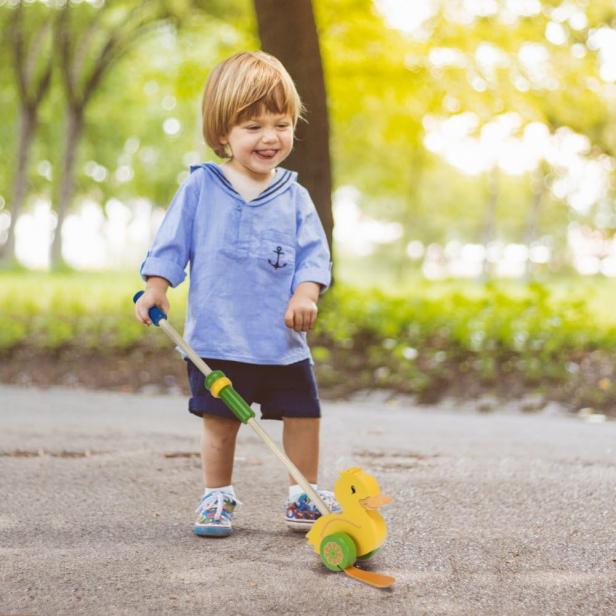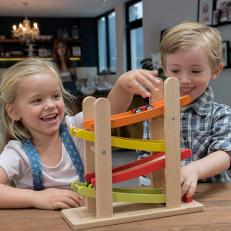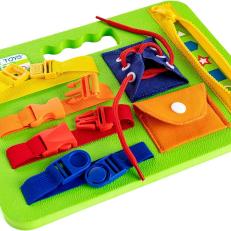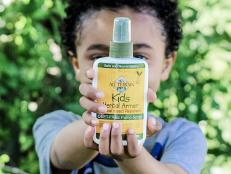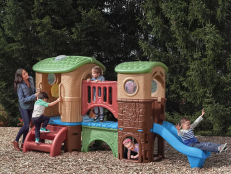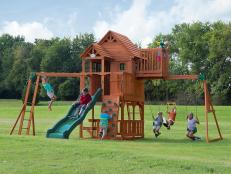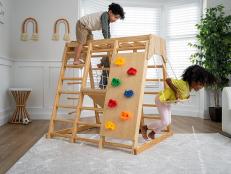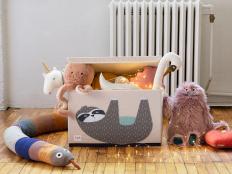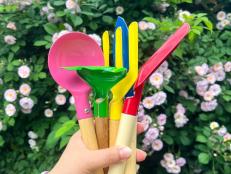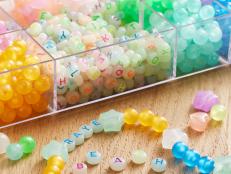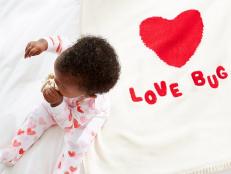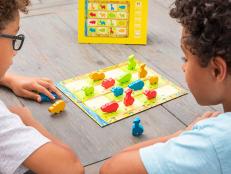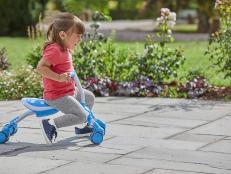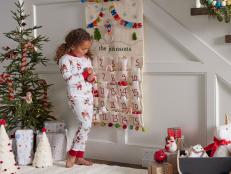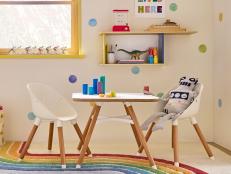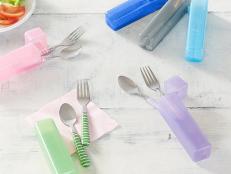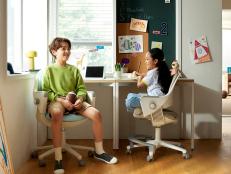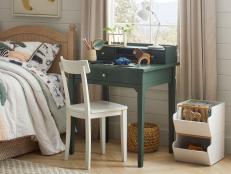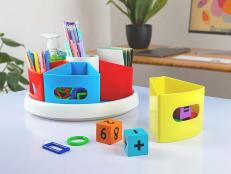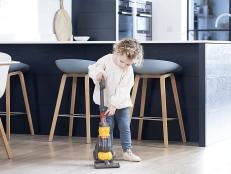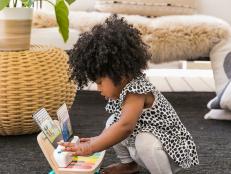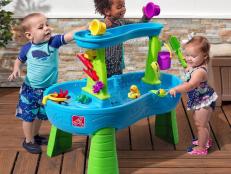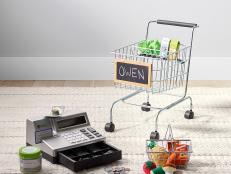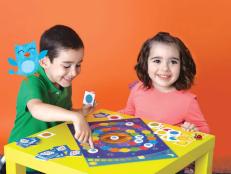The 35 Best Montessori Toys for Every Age Group
Educate and entertain your child in one fell swoop with these bestselling Montessori toys.

It's easy to understand the appeal of Montessori toys: They're made from natural materials, have simple, open-ended designs that spark creative play, reflect real-life concepts (and thus help children make sense of the world around them), encourage experimentation and foster age-appropriate independence. All of this is music to a parent's ears.
If you've heard of Montessori toys but aren't sure which ones are right for your little one, we're here to help. We've done the research and found the best Montessori toys for every age group. Keep scrolling to see those and learn the basics about this popular method.
What Are Montessori Toys?
To put it simply, Montessori toys align with the Montessori Method, a child-centered approach to education that was developed by Dr. Maria Montessori in the 1900s. Essentially, through scientific observation and experiment, Montessori theorized that children have a natural desire to learn and are capable of directing their own learning if provided with an enriching and developmentally appropriate environment.
Toys are a key part of that learning environment, and in the Montessori world, they meet the following criteria:
- They're made from natural materials, like smooth wood or soft wool, to provide a multisensory experience.
- They're passive, meaning that they don't light up or make sounds on their own but must be manipulated by the child to function. Think of the difference between an electronic piano toy and a simple wooden drum. The piano toy plays a predetermined song at a set volume, while the drum encourages the child to experiment, to tap the batter head or shell, to play louder or softer, etc.
- They're open-ended, meaning that they don't tell the child what to do but can be played with in a variety of ways. Think of wooden blocks or magnetic tiles versus a shape sorter.
- They reflect real life, like an art easel, a balance bike or a dollhouse.
- They're purposeful and cultivate one skill at a time, like stacking rings or dropping a ball.
- They foster a sense of independence through child-friendly tools, like a miniature kitchen set or a brush and dustpan.
The Montessori Method also suggests giving your child just a few toys at a time to encourage more focused play and putting these items on a low shelf so your child can access them independently. There's more to the method itself, but that's the gist about toys.




















